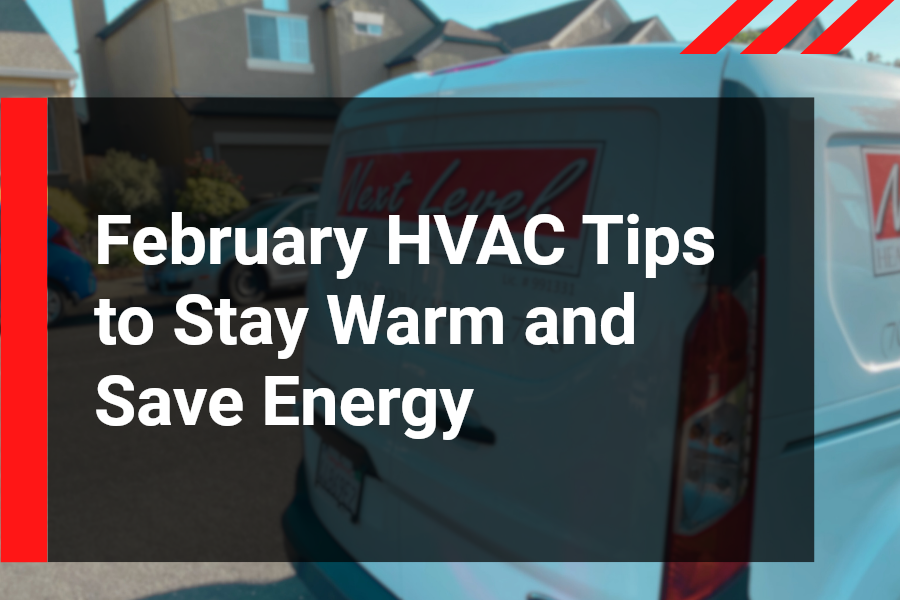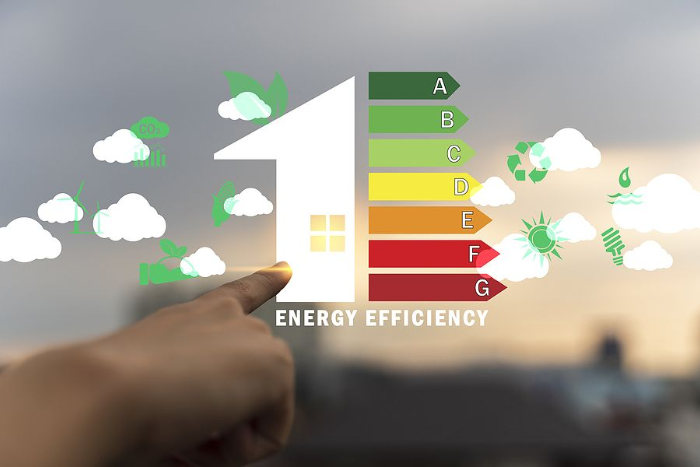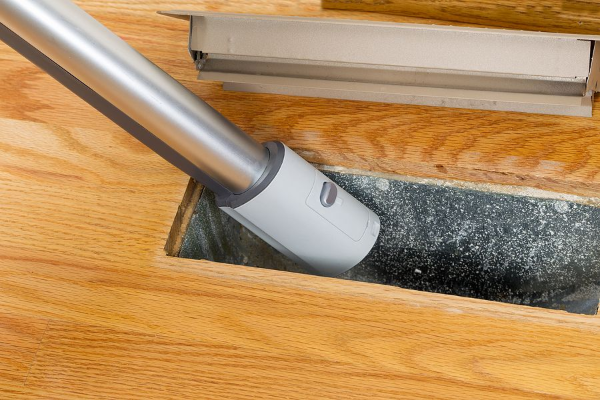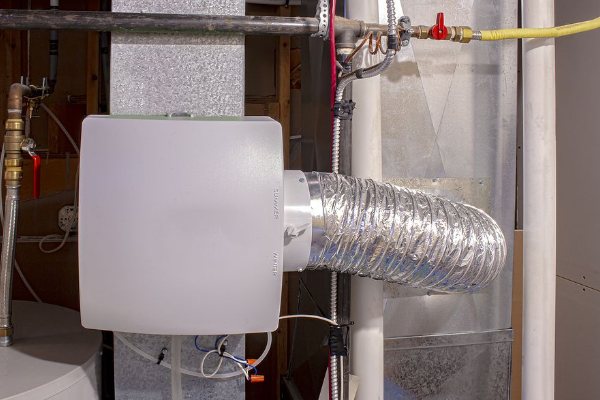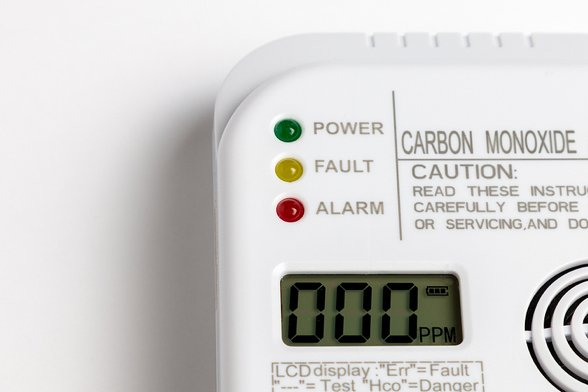HVAC Contractor Heater Repair Tips and Recommendations
Few things are worse than a cold home that just won't heat up. Worse yet, a broken heater could lead to higher energy bills even while it's not getting the job done. The solution often means finding a reliable HVAC contractor to identify and fix the problem.
In some cases, you might be able to resolve the issue yourself or at least give your technician enough information to determine a faster resolution. Check out some of the most common reasons for heating repairs.
Lack of HVAC Contractor Maintenance
The most common cause of problems is failing to keep up with maintenance. Fortunately, this situation is easy to remedy. Problems become rare when a professional inspects your system yearly. Then a technician can often discover and remedy issues before they become a nuisance. Keep a schedule for regular furnace checkups with an HVAC contractor to ensure your heating and cooling stay in tip-top shape.
Obstructed Flue Pipe
A gas-powered furnace produces dangerous chemicals as waste. A flue pipe expels those byproducts away from your home, preventing hazardous carbon monoxide or other gases from harming the household.
Ashes, debris, and even small birds or insect nests might enter the flue pipe and block the exit of the fumes. Such obstructions may not only impede the functioning of the heater but also create deadly conditions if exhaust flows into the house.
Inspection of the flue pipe by an HVAC contractor is the best way to handle this situation. The danger from such an issue is why it's crucial to determine the source of any furnace malfunction, especially ones that run on gas.
Blocked Ductwork or Damaged Insulation
An intricate system of ducts carries the warm air throughout your residence. Insulation helps hold that warm air inside. Blockages in your home's ductwork may occur if pests or debris enter or if something obstructs your vents.
Another consequence of pests can be damage to the ducts, leading to leaks in the system. Warm air will have difficulty reaching every room if there are holes in the system. Rodents, birds, or insects could also get into an attic or walls and destroy your insulation.
Remember not to close many intake vents since doing so can cause the system to overwork itself. Double-check that drapes or furniture are not accidentally over vents and interfering with airflow. Even a dirty filter can affect proper airflow, so remember to change filters according to recommendations.
If you can't determine the source of the problem, your HVAC contractor may find it during an inspection. Repairs will be necessary, as well as sufficient pest control to keep the problem from recurring.
Malfunctioning Thermostat or Electrical Components
Your thermostat is the brain of your heating system. It senses the temperature and alerts your heater when it needs to engage. If it gets the wrong messages or sends false signals, your heating and air won't work as you intend.
Like other electrical components, pieces can wear out, or accidents may cause damage. A wiring defect, broken relay, or control board issue can interfere with the signals.
You may be able to replace some thermostats yourself. Still, you should talk to your HVAC contractor about more reliable models with energy-saving features that will save you money in the long run.
Broken Flame Sensor or Igniter
You might hear constant clicking noises as your furnace tries to start. This sound could signal an issue with the igniter in your unit, causing your system to struggle.
Modern gas furnaces also have a sensor to detect when the flame is burning. The sensor sends a signal that shuts off the unit when there is no flame to prevent unburned gas from leaking into your home. If the sensor doesn't respond correctly, the system may shut off, even while a flame is present. An HVAC contractor can determine if these pieces need replacing or only cleaning and resetting.
Weak Heater
Sometimes a homeowner doesn't have a system strong enough for the residence. Heating units need to output sufficient BTUs to condition a home adequately.
Running an underpowered heating system will strain and eventually kill the unit. The extra energy is also inefficient and drains your piggy bank. Talk to your HVAC contractor about finding a heating solution that fits your home if you fear your furnace doesn't have enough power.
Failed or Cracked Heat Exchanger
Heat exchangers are at the heart of your unit. These pieces are the metal tubes that loop through the heater and warm the air. Obviously, if the exchanger breaks, you won't get any warmth.
A cracked heat exchanger presents another possible danger since it leaves the potential for leaking dangerous carbon monoxide from gas heaters. This repair job is not a do-it-yourself situation and requires an experienced HVAC contractor.
Help From a Reliable HVAC Contractor
Whatever furnace problem comes up, an experienced HVAC contractor can help you resolve it. Reach out to Next Level HVAC by visiting our website for help with your heating and air needs so you can keep your home comfortable and efficient.


